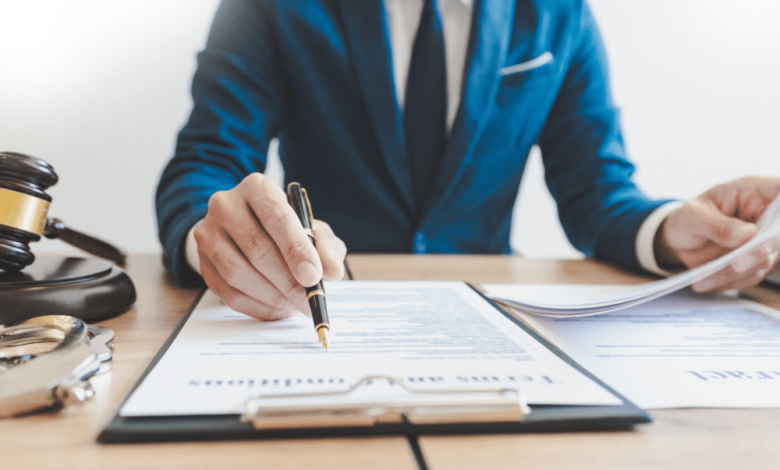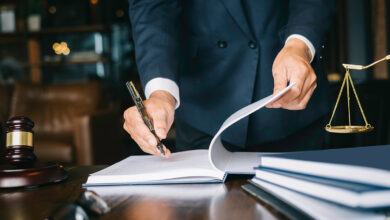Common Defenses To Fraud Charges

Facing fraud charges can be overwhelming. Your first step is to understand the defenses available to you. Fraud charges center on deceit, but you may not have intended to deceive. Mistakes happen, and intent matters. An experienced defense lawyer can help reveal evidence that supports your truth. Another defense involves proving you had no personal gain from the alleged fraud. Showing that you acted in good faith can weaken the prosecution’s case. Sometimes, authorities make errors during investigations. Improper procedures can invalidate evidence against you. Highlighting these missteps may lead to reduced charges. You might also argue that any false statements were immaterial. If they didn’t affect anyone’s decisions, they aren’t fraudulent. Choose defenses based on your situation to strengthen your case. This brief overview introduces the complexity of fraud defenses. Knowing your options empowers you to navigate this difficult time with clarity and purpose.
Understanding Intent and Mistakes
Intent is crucial in fraud cases. Proving you had no intention to deceive can be a strong defense. You must demonstrate that any misrepresentations were true errors. This involves showing evidence like emails, documents, or testimonies from colleagues. For instance, if a mistake occurred due to misinformation from a third party, it supports your position. You must be prepared to present clear and organized evidence.
No Personal Gain
A common defense is showing you gained nothing personally from the alleged fraud. If your actions did not result in personal benefit, it challenges the notion of fraudulent intent. Provide documents that highlight the lack of financial gain. Witnesses can also testify on your behalf to confirm your intentions were honest.
Procedural Errors
Authorities must follow strict protocols during investigations. If these are breached, evidence may become invalid. You should understand whether rights were violated or if evidence was collected improperly. If so, you could file motions to suppress that evidence. In some cases, these procedural errors may even lead to a dismissal.
Immaterial Misstatements
Fraud charges often involve false statements. However, if these statements did not influence any decisions, they may not be fraudulent. Demonstrating that any inaccuracies had no impact can be effective. For example, if the false information was insignificant or not relied upon by others, it might not meet the fraud threshold.
Comparing Common Defenses
| Defense | Description |
|---|---|
| Intent | Prove lack of intent to deceive |
| No Personal Gain | Show there was no benefit from actions |
| Procedural Errors | Challenge evidence based on improper collection |
| Immaterial Misstatements | Demonstrate falsehoods did not influence decisions |
Finding the Right Help
Choosing a lawyer who has handled fraud cases is important. They will know how to gather evidence and present a strong defense. You can seek recommendations or research online to find suitable candidates. Make sure they have experience in cases similar to yours. The Department of Justice offers resources and information about legal rights and procedures that might be helpful during this process.
Staying Informed and Prepared
Knowledge is your ally when facing fraud charges. Stay informed about your case and your rights. Be proactive in working with your lawyer to gather evidence and prepare your defense. Maintaining open communication with your legal team is vital. By understanding defenses and how they apply to your situation, you can approach your case with confidence and clarity.
Remember, while the situation is challenging, you have options. Each defense has unique strengths that can be tailored to your case. By focusing on the facts and working closely with a skilled lawyer, you can navigate the complexities of fraud charges effectively.




